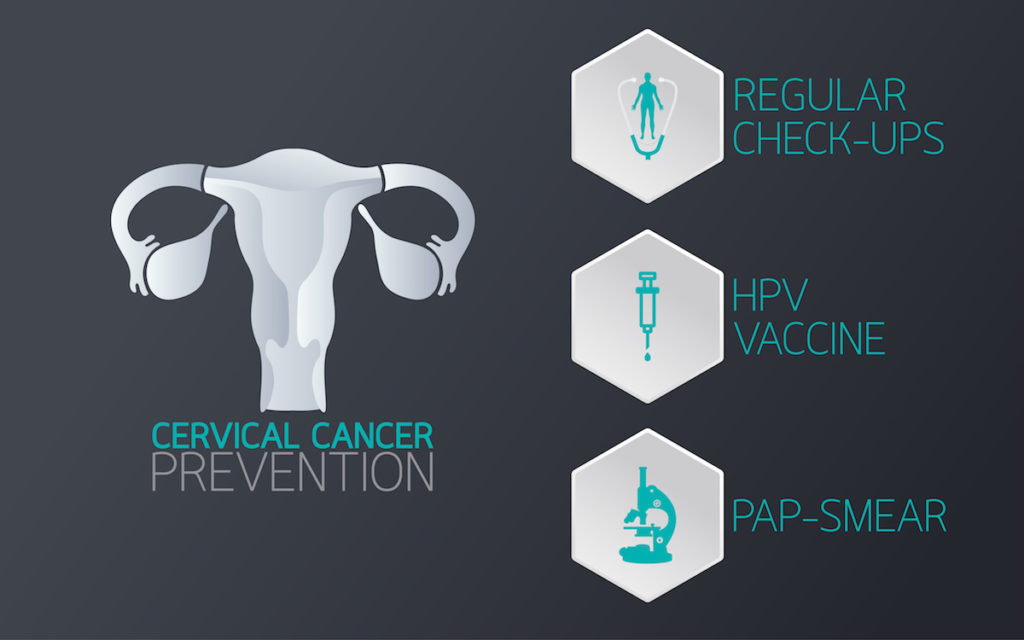As is generally the case for Awareness Months throughout the year, January’s Cervical Cancer Prevention and Health Awareness pits the very best initiatives from a flurry of organizations around the nation —and the globe— to offer up information cues, the latest research, advocacy, and recent developments in patient services.
In its heyday, cervical cancer used to be the deadliest cancer for women in the US. Today, thankfully, early detection cancer screening and HPV vaccination have made it the most preventable of all female cancers. Talk about a victory for science and humanity as a whole! That said, the fight is still on, with almost 300k women diagnosed with cervical pre-cancers every year in the United States.
The COVID-19 pandemic has put many of the screening operations and to-do’s on hold, so The American Cancer Society guidelines for prevention and early detection of cervical cancer are now more relevant than ever.
- Get screened regularly, whichever test you can get or afford.
- The recommended starting age for cervical cancer screening and testing is 25.
- Individuals aged 25 to 65 should get a primary HPV test every 5 years. If no primary HPV testing is available, perform a co-test combining HPV test with Papanicolaou (Pap) test every 5 years or just a Pap test every 3 years.
- If you are over 65, have had regular screening over the last 10 years, the results have come back normal, and you have no history of CIN2 or more serious diagnosis within the past 25 years, you should stop cervical cancer screening and never start again.
- If you have had a total hysterectomy —a.k.a., the removal of the uterus and cervix) you should stop Pap tests, HPV tests and other screening tests, unless the hysterectomy was done as a treatment for cervical cancer or serious pre-cancer. If you had a supra-cervical hysterectomy, that is a procedure where the cervix was not removed, you should continue cervical cancer screening as listed above.
- Getting vaccinated against HPV does not exempt you from following these guidelines… at all age groups.
It is important to note that cervical cancer is a (mostly) no-immediate-symptoms type of condition. Early cervical cancers and pre-cancers hardly ever produce noticeable changes by women. Later on, as the cancer expands into neighboring tissues, it may cause abnormal vaginal discharge or bleeding and/or pain during sex.
Again, regular screening and pelvic exams are paramount, because relying on symptom identification could prove a bit too late.
Sources:
https://www.nfid.org/tag/cervical-cancer-awareness-month
https://www.cancer.org/cancer/cervical-cancer/detection-diagnosis-staging/cervical-cancer-screening


